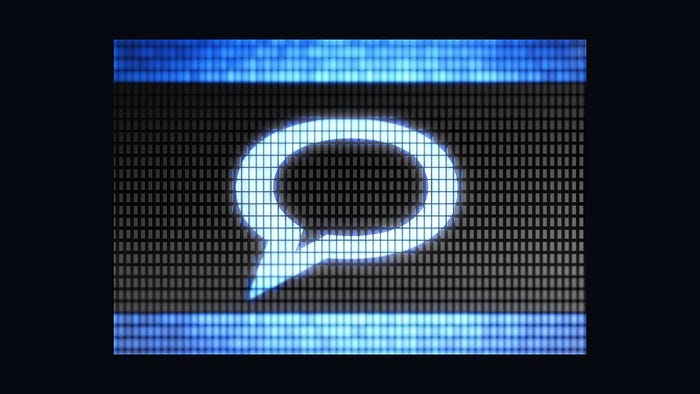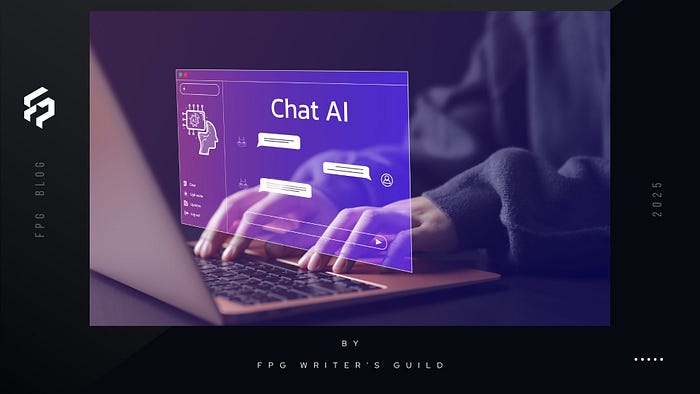What was the word? "Delve."
Even ChatGPT poked fun at this on Twitter, joking, "Don't mind me just doing some delving today."
This got me thinking: What other words and phrases does ChatGPT overuse? Based on my interactions, I've compiled a list of common offenders.
Does this mean you can't use these words or phrases? Absolutely not! And it certainly doesn't mean any " delve " text was AI-generated. I know plenty of people who naturally use these words in their writing, and that's perfectly fine!
However, it's worth noting that these words tend to sound mechanical and can make your writing feel vague or impersonal. Overusing them may give your text an AI-generated vibe, even if it wasn't.
Common Transitional Words Overused by ChatGPT:
- Accordingly
- Additionally
- Certainly
- Consequently
- Hence
- However
- Indeed
- Moreover
- Nevertheless
- Nonetheless
- Thus
- Undoubtedly
Common Adjectives Overused by ChatGPT:
- Adept
- Commendable
- Dynamic
- Efficient
- Ever-evolving
- Exemplary
- Robust
- Synergistic
- Thought-provoking
- Transformative
Common Nouns Overused by ChatGPT:
- Efficiency
- Innovation
- Institution
- Integration
- Landscape
- Optimization
- Transformation
Common Verbs Overused by ChatGPT:
- Aligns
- Augment
- Delve
- Embark
- Facilitate
- Maximize
- Utilize
Overused Phrases:
- A testament to…
- In conclusion…
- It's important to note…
- On the contrary…
Overused Phrases in Data Analysis:
- "Deliver actionable insights through in-depth data analysis."
- "Leveraging data-driven insights."
- "Drive insightful data-driven decisions."

How to Tell if Text Might Be AI-Generated
Here are a few red flags that might suggest text was generated by an AI, like ChatGPT:
- Overly complex sentences: AI can sometimes overcomplicate simple ideas.
- Inconsistent tone: The text might feel too formal when it should be casual, or too casual for professional content.
- Vague statements: You'll notice broad, empty phrases without any concrete examples to back them up.
- Overuse of adverbs: Words like "efficiently," "enthusiastically," and "effectively" show up far more often in AI-generated text than in human writing.
Examples of AI-Generated Text
Example 1: A Recommendation Letter
When I asked ChatGPT to write a recommendation letter for a colleague applying for an event planner job, the result was full of vague phrases like, "enthusiastically supported events" and "worked closely with teams." There were no specific examples of the events this person helped plan, which made the text feel shallow.
Example 2: A Data Analyst Cover Letter
In this cover letter, ChatGPT used generic phrases like "drive insightful data-driven decisions" and "leverage complex datasets," without citing any particular projects or experiences. The writing felt formal but lacked the personal touch you'd expect from a human writer.
Example 3: A LinkedIn Outreach Note
ChatGPT's attempt at a LinkedIn note started with an oddly formal subject line: "Inquiry about Data Analyst Position at UVA." Phrases like "dynamic team" and "keen interest in data" were used, but the note was missing specific details about the job or the team. This kind of vague wording makes it sound less personal.
Example 4: An Email on Data Analysis Findings
When I asked ChatGPT to draft an email about data findings, it used words like "additionally" and "consistently," but it lacked real substance. Instead of addressing people by name, the email started with "Dear Stakeholders" and concluded with "Best regards," which felt impersonal and out of place for a real-world scenario.
Example 5: A Resume Summary
For a resume summary, ChatGPT used phrases like "results-driven" and "drive efficiency," without any examples of certifications or accomplishments. The wording was vague, and phrases like "University of Virginia ecosystem" felt awkward and unnatural.
Final Thoughts
So, why does ChatGPT's writing sometimes feel off? It's because AI tools are designed to aggregate millions of responses, giving you the "average" of all those possibilities. The result is often generic and lacks the nuance or specificity a human would provide.
While there's no foolproof way to detect AI-generated text (even with tools like GPTZero), you can still avoid these pitfalls. The key is to use more specific and meaningful words, along with concrete examples. AI-generated text tends to lean on overused phrases, so interact with ChatGPT and fine-tune its responses to make them feel more authentic.
As AI continues to evolve, it's worth being mindful of the words and phrases that make your writing stand out as human or machine-generated.

